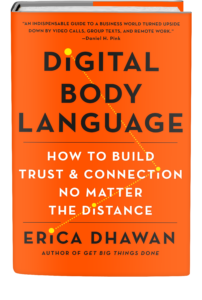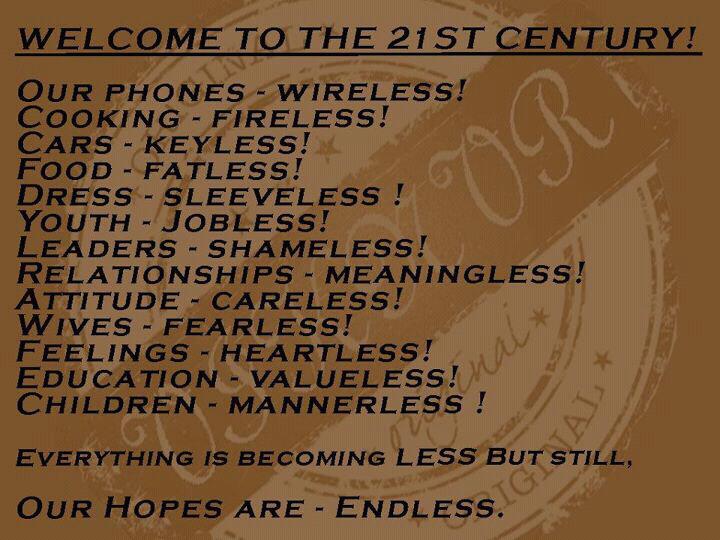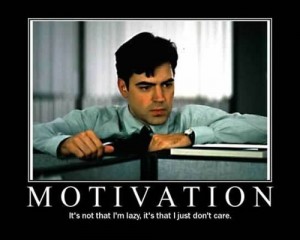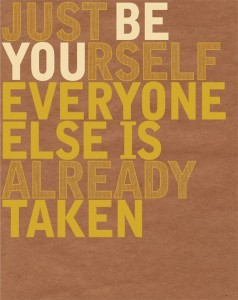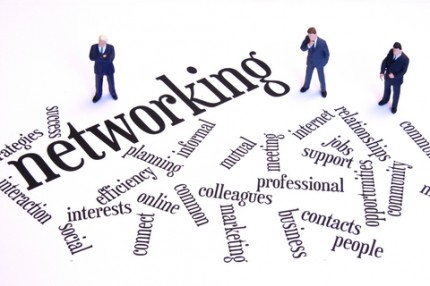I didn’t learn to ride a bike through bicyclology, I learned by failing and trying again.
Falling off a bike hurts. Falling is painful. Much like I did not learn how to ride a bike without falling, I did not learn how to lead without failing. Little did I know coming into the last few years as an entrepreneur that failing was okay, and something that would help me grow as a leader. At first, my experience as an entrepreneur on a social enterprise in India back in 2008 was like being lost in the dark abyss of a cave: I felt alone, stuck, and like a complete failure. I was exhausted and frustrated with my failed attempts.
Then I realized that it was just a process like learning to ride a bike. You can learn to ride a bike by watching youtube video instructions or you can learn to ride a bike by surrounding yourself with others who are riding theirs and practicing it with them. When my mindset shifted, I became ambitious, risk-seeking, and much more successful in my startup by learning through my failures.
Each of us have the desire to find the ‘bicyclology” of career and life development. We want a set of memorization techniques and bullet pointed lists to get started. Yet the truth is we have to re-orient our practice of learning from ‘technical’ fixes to more adaptive responses. These adaptive responses require the toleration for ambiguity, the allowance of failure, and the ability to say ‘I don’t know it all.’ From there, we start moving on our new bikes, the brakes may be slow, we may fall sometimes, yet we truly embark on a path we crave with real energy and passion.
When was the last time you fell off your bike in a way that set you on a new road to adventure?
If you want more bike riding, check out my FREE Generational Alchemy Library here for tools and scripts on writing, leadership, and careers. My goal is to give you the best toolbox to tap into your creativity and transform your life, organization, and world.
And if you are a woman entrepreneur, check out the free Find Your True Self quest at TheGalahads.com to discover your own bike riding adventure waiting to happen. More details on The Galahads coming soon!
